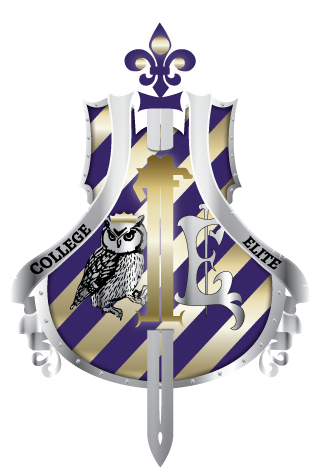What Do College Applications Require Beyond the Basics?
- College Elite

- Mar 31
- 3 min read
Applying to college can be overwhelming. With so many elements involved in the application process, you might focus on the basics like application forms and fees. However, several additional requirements can significantly influence your chances of getting admitted. This post highlights essential application components: transcripts, test scores, essays, and letters of recommendation. Understanding these elements will better prepare you for your college journey.
Understanding Transcripts
Transcripts are a vital part of your college application. This official record reflects your high school courses and grades, providing admission officers with insight into your academic performance.
Typically, transcripts should be sent directly from your school to the colleges on your list. Most institutions require your entire high school transcript, detailing all your courses, grades, and grade point averages (GPAs). Schools may also request mid-year reports if you apply early in your senior year.
The importance of your transcript is substantial. Admission committees assess your GPA and the rigor of your coursework, considering Advanced Placement (AP) and honors classes. For example, students with a GPA of 3.5 or higher are often viewed more favorably, especially if they have taken challenging classes. This trend is reflected in data showing that 63% of college admissions officers consider GPA as the most important factor in their decisions.
Preparing Test Scores
Standardized test scores, like the SAT or ACT, still play a crucial role in many college applications. While a growing number of schools have adopted test-optional policies, around 40% of four-year institutions still require these scores, making it essential to know the requirements for each college.
If test scores are necessary, plan to take the tests early. The College Board reports that students who take the SAT twice improve their scores by an average of 40 points. Confirm that official scores are sent directly from the testing organization to the colleges. Some institutions use a method called superscoring, which means they consider your highest scores from different test dates. Be aware that certain specialized programs might also demand subject tests or other evaluations—so double-check the requirements.
Crafting the Perfect Essay
Essays are your chance to showcase who you are beyond grades and scores. A compelling essay provides insights into your experiences, thoughts, and ambitions, helping you stand out in a crowded field of applicants.
Different colleges may request various types of essays. These can include personal statements, supplemental essays, or responses to specific prompts. Aim for authenticity and clarity when writing. For instance, instead of saying "I have a passion for community service," describe a specific project, such as organizing a fundraising event that raised over $5,000 for a local homeless shelter.
Colleges read these essays to evaluate your writing skills and your ability to reflect on your experiences. Take the time to proofread, edit, and seek feedback from teachers or mentors to polish your essay before submission.
Letters of Recommendation
Letters of recommendation can be another critical piece of your application. Colleges typically ask for one to three letters from teachers, counselors, or others who know you well and can speak positively about your character and achievements.
When choosing whom to ask, select individuals who are familiar with your strengths. Supplying them with a brief overview of your accomplishments, interests, and the colleges you are targeting can help them write a more personalized letter. According to a survey, 73% of admissions officers find strong letters of recommendation very important in the decision-making process.
Make sure to request these letters well ahead of deadlines. This approach not only shows consideration but also gives your recommenders enough time to craft thoughtful letters.
The Importance of Application Procedures
Following application procedures and deadlines is just as important as completing individual components. Each college may have different requirements for submitting materials, so familiarize yourself with each institution's processes.
Using a checklist proves invaluable in this regard. Create a timeline for deadlines related to transcripts, test scores, essays, and recommendation letters. This organization minimizes the risk of overlooking important aspects of your application. Furthermore, keeping copies of all submitted materials gives you peace of mind and helps you track what has been sent.
Ensure you take the time to verify program-specific requirements, as they can differ from standard admissions guidelines.
Final Thoughts
Navigating the college application process involves more than just filling out a form. Transcripts, test scores, essays, and letters of recommendation all play crucial roles in presenting you as an applicant.
Comprehensive preparation and understanding of each requirement can make a significant difference in your college admission journey. Research thoroughly and don't hesitate to seek advice from teachers and mentors. Remember, being well-prepared is fundamental to showcasing your best self when applying to colleges.





Comments